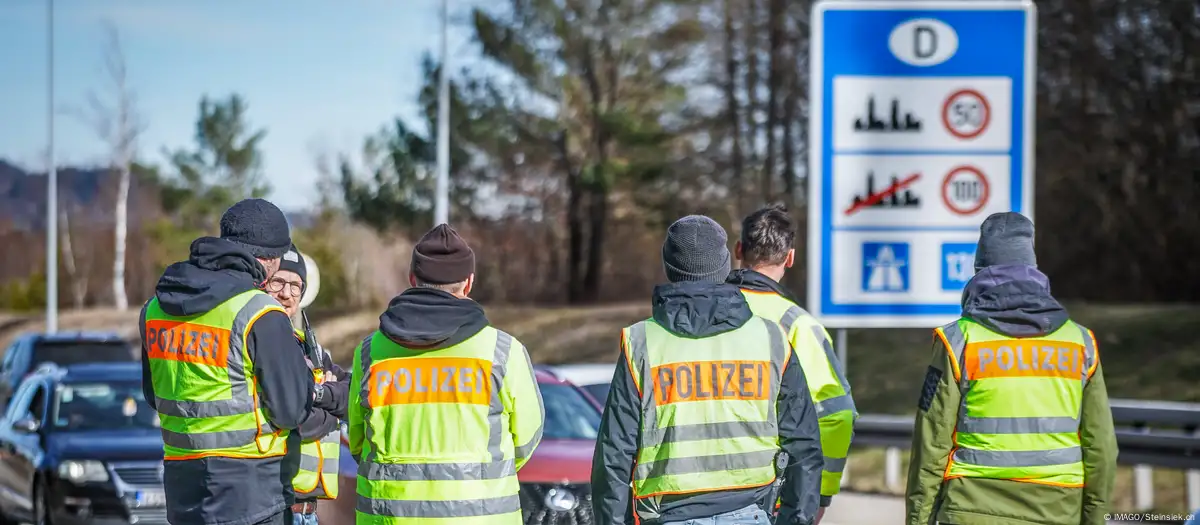
Germany Expands Border Controls to Address Migration
Germany has begun expanded border controls as of September 16, 2024, to manage irregular migration, citing an overloaded asylum system. Previously, only the eastern and southern borders were monitored, but now all land borders, including those with Denmark, the Netherlands, Belgium, Luxembourg, and France, will be checked for at least six months.
Interior Minister Nancy Faeser defended the decision, stating it aims to reduce unauthorized entry. Exceptions to border-free movement within the Schengen Area are rare but allowed under EU rules. Germany's move has raised concerns, with critics, such as Polish Prime Minister Donald Tusk, warning that it could undermine the Schengen system.
The new checks, which include random inspections on highways, are expected to cause disruptions, though Faeser assured that they would not significantly impact daily life or traffic. However, police unions have voiced concerns about staffing shortages, arguing that an additional 5,000 officers are needed to properly implement the controls.
Germany is not alone in this move, as several Schengen countries have reintroduced internal border controls in recent years due to security concerns, including France and Austria. The expanded checks are intended to prevent unauthorized entry while processing asylum applications, though the exact impact on migration remains uncertain.
Stichworte







